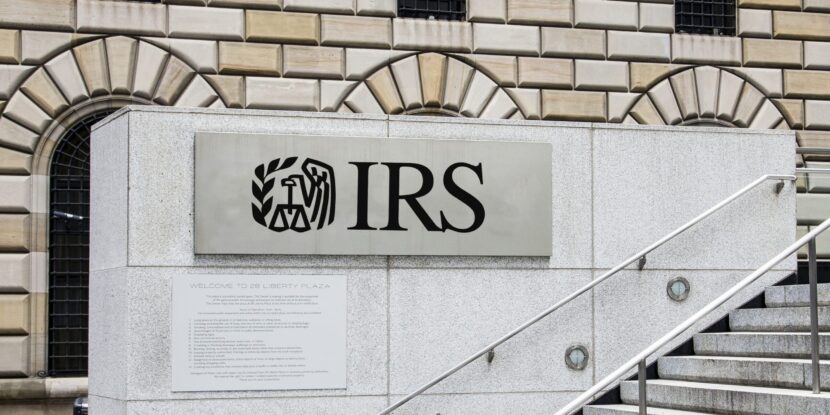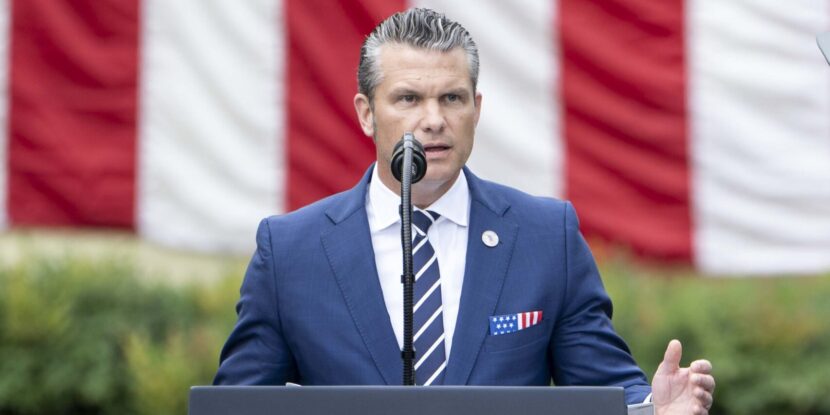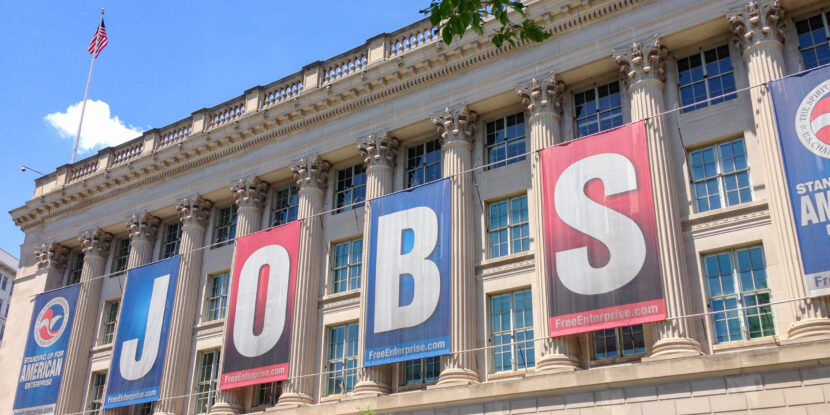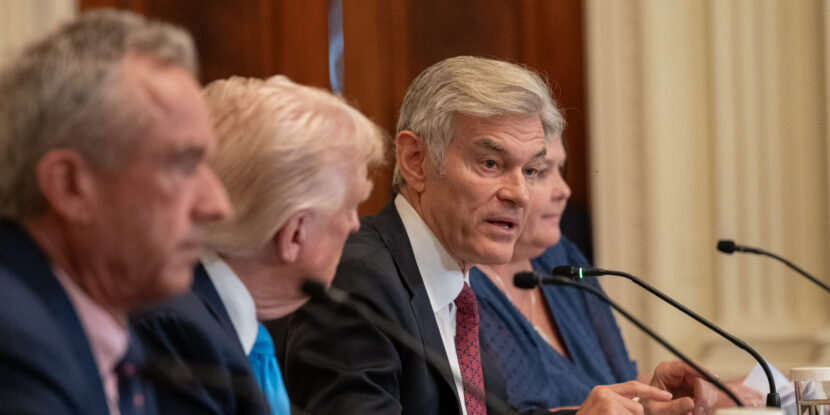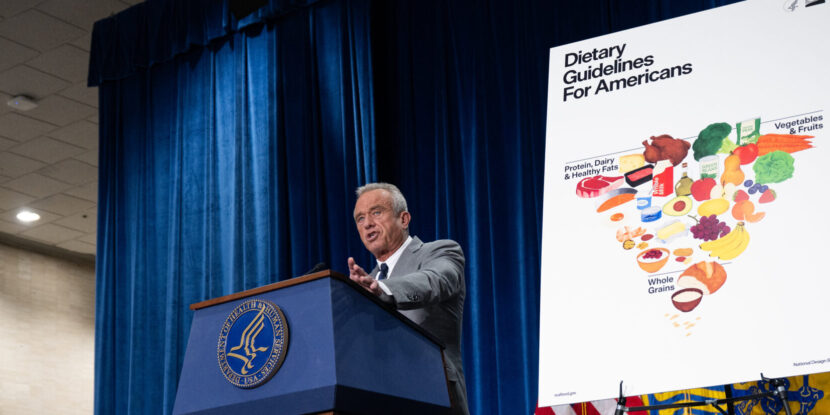PULSE POINTS
❓WHAT HAPPENED: A federal court in Georgia unsealed records tied to the Federal Bureau of Investigation (FBI) seizure of 2020 election materials from Fulton County.
👤WHO WAS INVOLVED: Fulton County election officials, U.S. District Court Judge J.P. Boulee, and the FBI.
Your free, daily feed from The National Pulse.
Thank You!
You are now subscribed to our newsletter.
📍WHEN & WHERE: Documents pertaining to the Fulton County raid were ordered unsealed on February 10, 2026, with the raid having occurred on January 29, 2026.
🎯IMPACT: The unsealing provides greater clarity into what materials the FBI was searching for during the late January raid.
A federal court in Georgia has unsealed crucial records related to the Federal Bureau of Investigation’s (FBI) seizure of 2020 election materials from Fulton County. The development comes after an emergency lawsuit filed by Fulton County officials last week seeking the return of over 650 boxes of election-related files.
According to the unsealed affidavit, the FBI—as approved by a magistrate judge—was authorized to seize “All physical ballots from the 2020 General Election in Fulton County… All tabulator tapes for every voting machine used in Fulton County… All ballot images produced during the original ballot count beginning on November 3, 2020… All voter rolls from the 2020 General Election in Fulton County from absentee, early voting, in person, and any other voter roll that indicates voters…” Additionally, the document states that “there is probable cause to believe that violations of Title 52, United States Code, Sections 20701 (Retention and Preservation of Records of Elections); and 20511 (Deprivation of a Fair Election) have been committed by unknown persons.”
Importantly, the warrant document confirms a number of allegations regarding the Fulton County vote tabulation in the 2020 election, including that the county “admitted that it does not have scanned images of all the 528,777 ballots counted during the Original Count or the 527,925 ballots counted during the Recount.” In addition, the affidavit notes, “Fulton County has confirmed that during the Recount of votes, some ballots were scanned multiple times.”
The warrant also states, “Auditors assisting in the Risk Limiting Audit reported counting purported absentee ballots that had never been creased or folded, as would be required for the ballot to be mailed to the voter and for the ballot to be returned in the sealed envelope requiring the voter’s signature for authentication,” and that, “On the day of the deadline to report the Recount results, Fulton County reported a recount totaling 511,343 ballots, 17,434 ballots fewer than original counted. The following day, Fulton County then reported a total of 527,925 ballots counted.”
The FBI executed a search warrant on January 29, 2026, at a Fulton County elections office. The warrant authorized the seizure of ballots, vote-tabulating machine tapes, ballot images, and voter rolls as part of an ongoing investigation into potential violations of federal election laws.
Earlier on Tuesday, U.S. District Court Judge J.P. Boulee ordered the unsealing of case documents, including the county’s motions to return the materials and to unseal the law enforcement affidavit that justified the raid. The county has requested the return of all original materials and has asked the government not to review any copies until the matter is resolved.
The unsealing order follows the announcement earlier on Tuesday that the U.S. Attorney for the Eastern District of Missouri, Thomas Albus, would take over the case. Albus has been heading up investigations into election violence for the Trump administration.
Join Pulse+ to comment below, and receive exclusive e-mail analyses.
